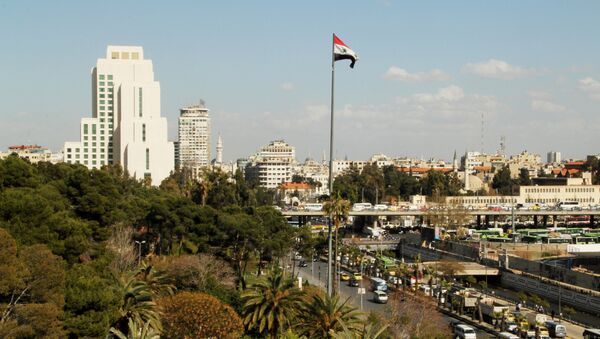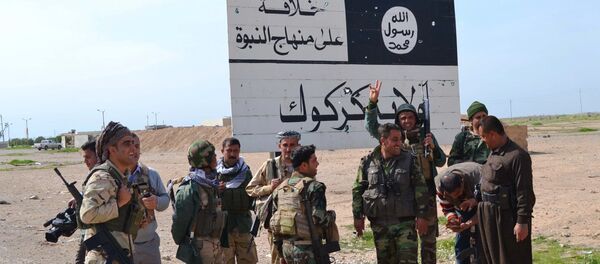Surprisingly to the West, which mainly sees Russia as a supporter of Assad, Moscow, has recently made a number of proposals for a new constitution, which may greatly restrict and decentralize Assad's power. One of them is a proposal to limit the president's term of office to seven years, Politiken wrote. According to a think-tank under the Russian Foreign Ministry, the Russian proposal aims at substantially limiting the Syrian president's power to make Assad's resignation unnecessary because his role after a transition period will be nothing but marginal.
Russia proposes that the president should be increasingly responsible to the elected parliament. The president will therefore lack any legislative powers, which shall instead be vested in the parliament. The Russian draft constitution also omits the formerly crucial principle that the Syrian president must be a Muslim, Politiken wrote.
In the draft of a new Syrian constitution, which was recently leaked to the media in the Middle East, Russia suggested that Syria should change its official name from the Syrian Arab Republic to the Republic of Syria, in order to appeal to ethnic minorities such as Kurds and Turkmen, Politiken reported, citing Gulf News.
One goal that Kurds and Arabs currently have in common these days is to out Daesh from the town of Raqqa. However, reconciliation between the two ethnic communities may prove a tough task in the future, according to the latest poll, Politiken wrote, quoting the Syrian Observer.
In the autonomous Kurdish region near the border with Turkey, a whole 79.6 percent of the population spoke in favor of federalism, which in future can guarantee them autonomy. At the same time, roughly as many non-Kurds (78.1 percent) oppose any autonomy for minorities. In the government-controlled areas, 65.6 percent of the population are against decentralization and prefer a single government with all the power. However, 55.3 percent of the population in areas under rebel control are in favor of decentralization.
Alawites, the ethnic group from which Assad himself comes from, are known as the fiercest opponents of any autonomy, which, according to Politiken, may be perceived as a "reluctance to share Syria."
Earlier, Russian Foreign Minister Sergei Lavrov said Russia would support Syria's federalization, as long as it is backed by the country's inhabitants.
"Whichever form of government, be it federalization, decentralization or a unitary state, must be approved by all Syrians," Lavrov said as quoted by RIA Novosti. "We have never tried to make decisions on behalf of the Syrian people," he stressed.
Prior to the war, Syria had an Arab majority of 74 percent of the population. The Kurds made up some 9 percent, whereas the Turkmen numbered some 100,000.




